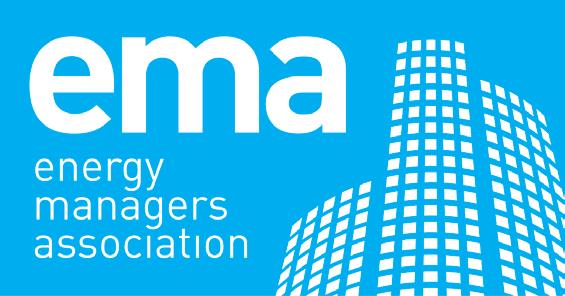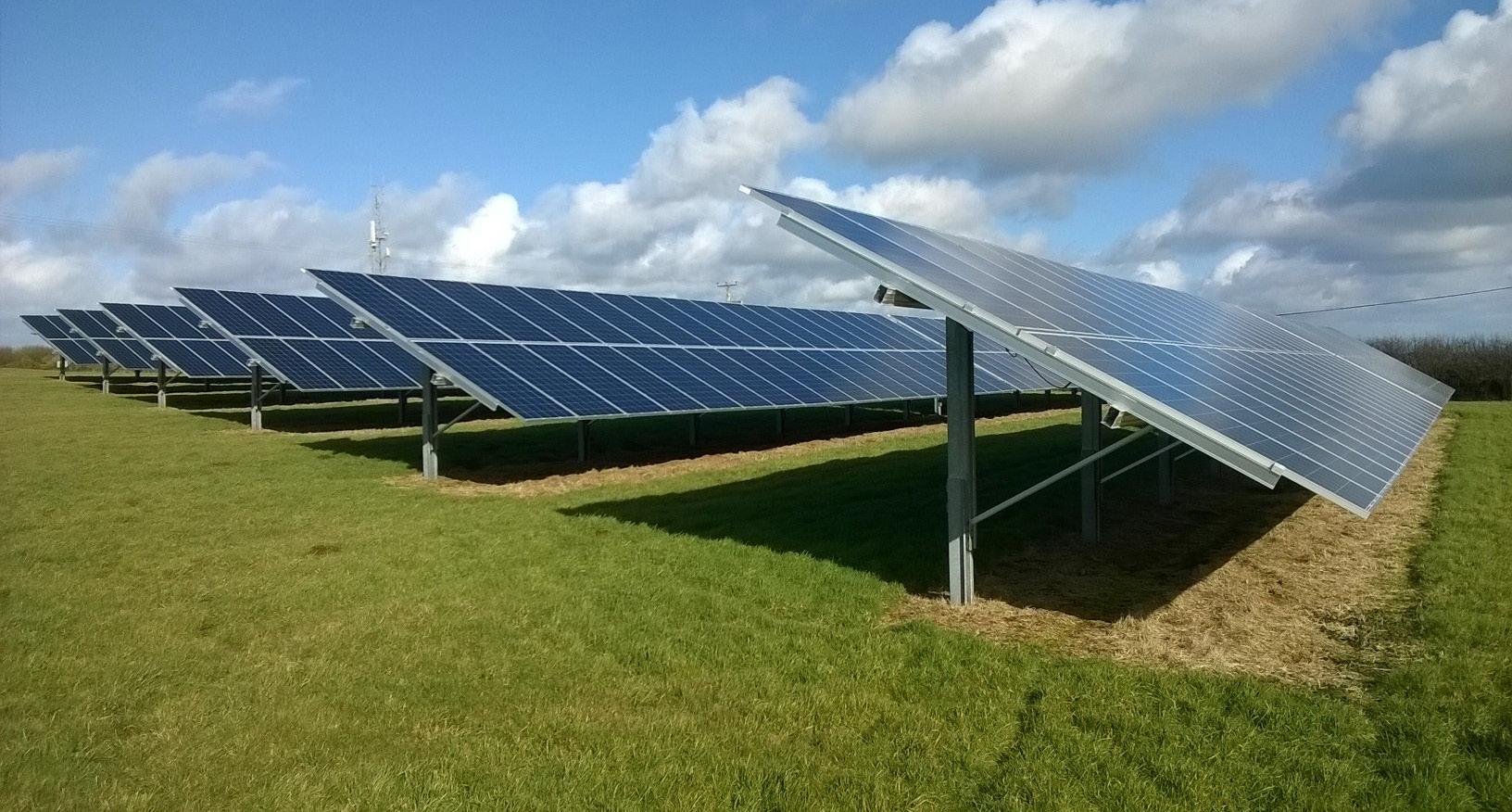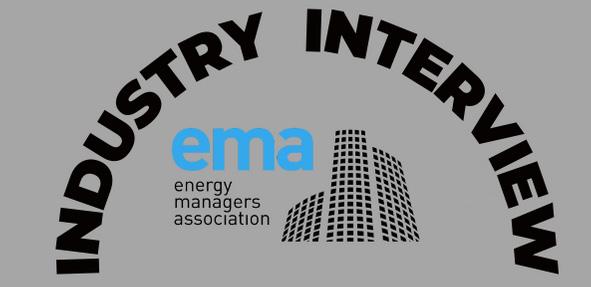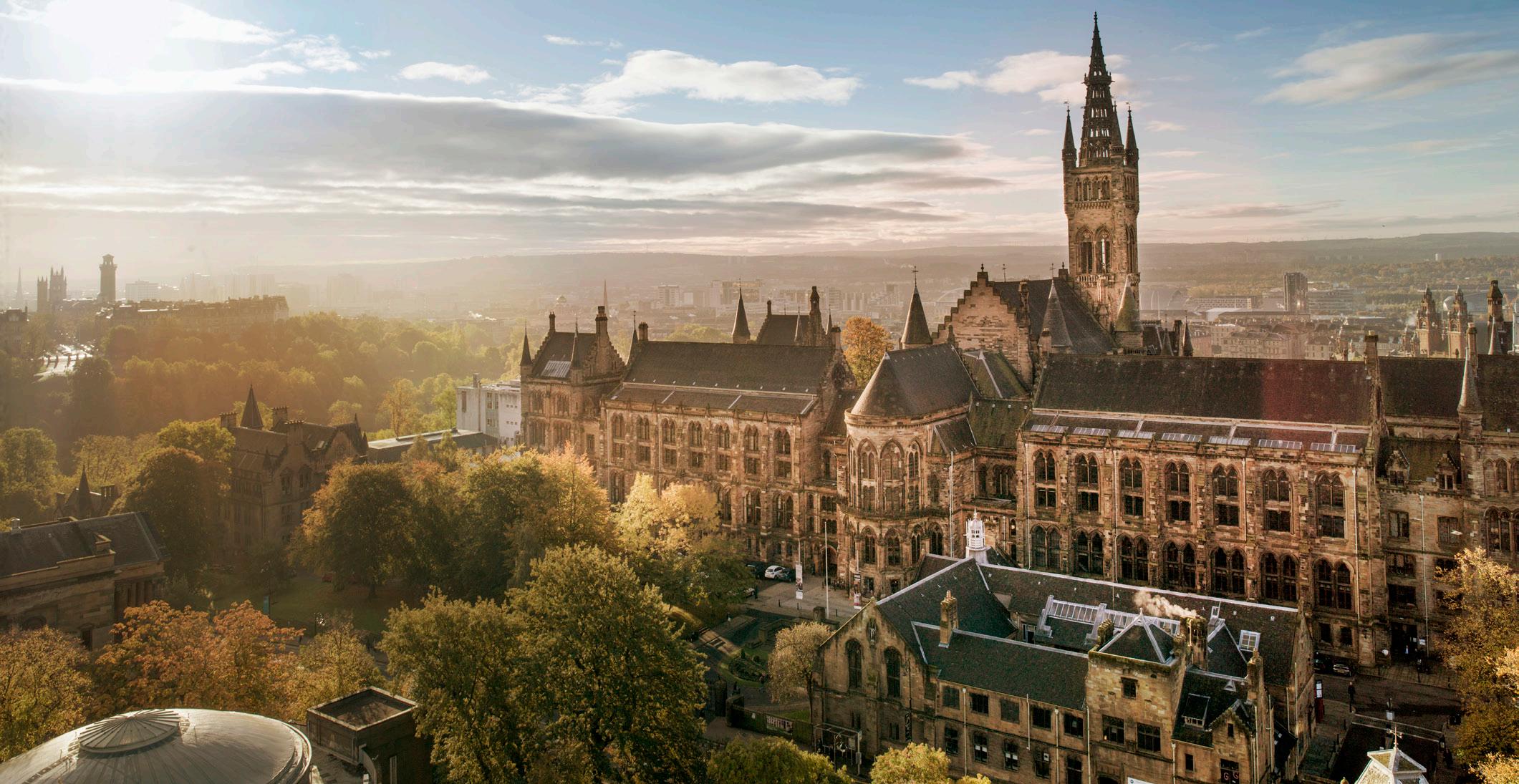
9 minute read
CAREER IN ENERGY MANAGEMENT
The Energy Managers Association aims to encourage and enable more professionals to enter the world of energy management and environmental roles. Being an energy manager may not seem like the most obvious career for many. The EMA has taken on a challenge of changing the perception of energy management, by raising the sector’s profile and sharing its members’ – leading energy managers - insights into their career progress and achievements. In this issue, we have asked Abigail Dombey, Interim Communities Director at Carbon13 and Julia Blackwell, Energy M&V Manager at Bouygues E&S Solutions Limited, about their career in energy management.
Advertisement

What made you choose energy management as a career?
My first degree was in Environmental Science. I originally worked as an Environmental Consultant and set up my own Environmental Consultancy in the mid-2000s. Much of my work was advising businesses in resource efficiency, including energy efficiency. However, I always felt that I was lacking somewhat in technical (engineering) knowledge. As a result, when the recession hit in 2008, I went back to university to undertake a postgraduate qualification in Building Services Engineering at LSBU. I realised in my mid-30s that I had always thought like an engineer – it was a kind of coming home. I remember during the Building Services course we had a presentation from an Energy Manager which was really inspiring. Being an Energy Manager felt like the natural next step from the work that I had been carrying out.
How did you progress in your career?
After studying Building Services Engineering, I was lucky enough to get a job as Energy Manager at the University of Brighton. I then progressed to the position of Head of Sustainability, which I held for over 8 years. After 11 years at the University, I felt like I needed a change, and I am currently working as Interim Communities Director at Carbon13, the venture builder for the Climate Emergency.
It is really interesting to work in a completely different role, but with the same goals – to work towards significantly reducing our carbon emissions. I am also currently the Chair of Hydrogen Sussex, supporting and facilitating the Hydrogen economy across Sussex.
What did the role at the University of Brighton entail?
As Head of Sustainability, I led on the University’s Carbon Reduction Programme, as well as its overall Sustainability Strategy. I also managed the University’s Sustainability Team.

What was the most exciting part of your job?
I really enjoy the engineering aspects of the job, working with other M&E engineers and architects on major construction projects. I also get real satisfaction from delivering renewables and other carbon reduction projects.
What is your biggest achievement to date?
During my time at the University (2009-2020), we managed to achieve a 49% reduction in the overall carbon footprint of the entire estate.
What was the most exciting project that you worked on and why?
In mid-December 2015, we finally got internal go-ahead to install a PV array at one of our largest sites at the University. We had been progressing this project for months – it was a real relief when it was finally green lighted. However, unfortunately later that same day, the government announced that it would be cutting the Feed in Tariff rates in mid-January – much sooner than was expected. We therefore worked at top speed to procure and install a 170kW PV array in less than 4 weeks. I project managed the project in its entirety, working non-stop over the Xmas vacation, and was incredibly proud that the array was successfully installed and registered for the FiT in just over 3 weeks, 3 days ahead of the deadline.
What was the most frustrating part of your job?
The slow decision making and the occasional sexism from other building professionals.
If you had the opportunity to change one thing that would make your job easier, what would you change?
Time with senior leadership to explain net zero and what it involves.
If you could recommend three things to have success as an energy manager, what would you recommend?
Persistence, imagination and the ability to communicate.
What advice would you give to someone looking to become an energy manager?
Do it! It is a brilliant job – and now as we start to work towards achieving net zero, it has never been so important.
What is the most absurd statement that you have heard in your job?
Someone assuming that I was an administrator simply because I am female.
What are your long-term motivations?
I have recently applied to become a Member of CIBSE and a Chartered Engineer. I was surprised as I really enjoyed the application process, and I am thoroughly looking forward to gaining my Chartership! In my current role, I am working with a lot of really fascinating people, including a wide range of sustainability professionals who will be mentoring our new ventures, but one day I am sure I will return to my first love of Energy Management.

What made you choose energy management as a career?
I did not choose a career in energy management, but rather fell into it without really realising. My degree was in biology and I was working in London for a small pharmaceutical company but wanted to work closer to home. I then joined the local council, providing domestic energy efficiency advice and running domestic insulation projects as part of the local authority’s response to fuel poverty and climate change, when I came to realise, that I needed to push myself and not talk about CFLs anymore. So, when a colleague went on maternity leave, I took over the management of the Salix programme. After that, I implemented a Re:fit project, carried out the procurement of the Council’s gas and electricity contracts, as well as monitoring and reporting on energy use, reading meters, and many of the other jobs energy managers carry out. I did lots of training, mainly through the EMA and I have found a lot of help and advice from the other participants on the training courses as well as the course tutors.
What does your role at your organisation entail?
I now work for Bouygues E&S Solutions Ltd as part of a team delivering energy performance projects for local authorities and schools. I am part of the team providing the measurement and verification (M&V) reports to the clients. These reports demonstrate the energy savings being made annually and we provide advice to clients, so they continue to get the best out of the energy conservation measures installed.
What is the most exciting part of your job?
Well, along many, my morning commute has been reduced to making my way to the dining table, and the makeshift office I share with my husband. I think the most exciting thing I have done previously was when I have found myself on the top
of a sports centre roof to inspect a solar PV installation. I had not realised that the roof was quite so flexible, so I now have a whole new respect for scaffolding and edge protection! I am happy to admit that I was excited and nervous in equal quantities. The view over the Cambridgeshire countryside was amazing and I was really impressed by the installation team who did the work and looked after me on the roof.
Looking to the future and I am excited with the prospect of getting out to visit our clients and see the projects we have delivered.
What is your biggest achievement to date?
Most recently, I was very pleased to have completed and passed the CMVP qualification which was a challenge to complete under Covid lockdown. In terms of projects, I was really pleased when an extensive Re:fit project was approved, as it was a significant investment and required managerial buy-in at a number of levels as well ensuring leisure centre staff were consulted on the equipment and the impact it would have on the day to day working of the leisure centres. It was very satisfying to see the measures installed and the improvements that they made to the customer experience at the sites, particularly the new LED lighting.
What was the most exciting project that you worked on and why?
Personally, I do like lighting and solar PV projects. One advantage of carrying out installations locally has been that I have been able to see for myself the positive improvements made to sites and hearing the feedback from users. For example, at outdoor sports facilities where LED lighting upgrades have been installed which have made a big difference to the playing experience.
What was the most frustrating part of your job?
Getting access to energy consumption data can be very frustrating.
If you had the opportunity to change one thing that would make your job easier, what would you change?
Measurement and verification analysis requires data, so having access to half hourly gas data would be extremely useful. Unfortunately, few of the smaller gas companies routinely collect HH gas data, so while organisation will have reduced costs by contracting with these smaller companies, it is harder to identity when excess gas is being consumed and take action - by reviewing BEMS settings or checking equipment is not running.
If you could recommend three things to have success as an energy manager, what would you recommend?
Data is king, without energy consumption data you cannot identify where you need to take action, you cannot make effective business cases for improvements and you cannot prove that savings have been made.
Training is really important, both in how to manage energy and on what different technologies can do for your business. Training can help to identify realistic projects and I have found that training in technology types can be particularly useful in overcoming sales hype and overpromise.
Visiting your sites and talking to the staff is really important, it gives you the opportunity to question the procedure, confirm service logs, check for leaks, etc. Also, find out what your organisations’ goals are for reducing energy usage; are targets entirely financial or is carbon management becoming more important? How is your organisation going to approach the Net Zero targets? Answers to these questions can be built into your business cases for future projects

What advice would you give to someone looking to become an energy manager?
Ask questions, lots of them – find out what the equipment does. Get training, and while I would heartily recommend the EMA training, that is not the only training you will need. Other management skills are also important and while your company may be able to provide that type of training, there may be financial constraints as a knock-on effect from the pandemic, so look for opportunities outside of work to develop your management skills.
What is the most absurd statement that you have heard in your job?
“So now that we have upgraded all the lighting, I do not need to turn the lights off when we leave the room!”
What are your long-term motivations in the company or the position?
As I have only been in the role of Measurement and Verification Manager for a year, I am really looking forward to developing the relationship with our clients, who are mainly schools in Cambridgeshire, and visiting them to view plant rooms and systems.





